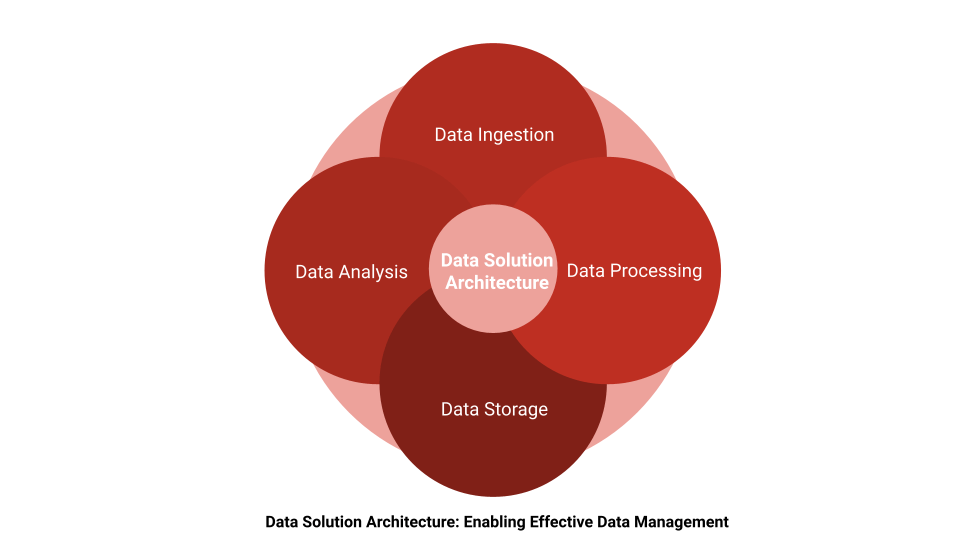Data Solution Architecture: Enabling Effective Data Management
In today’s digital age, organizations are drowning in data. With the rapid growth of technology, the amount of data being generated by businesses has skyrocketed, making it increasingly difficult to effectively manage and utilize it. This is where data solution architecture comes in.

Data solution architecture is a discipline that focuses on designing and implementing data management systems to help organizations effectively collect, store, process, and analyze data. The goal is to provide a robust and scalable infrastructure that supports business operations and enables data-driven decision making.
There are several key components of a data solution architecture. The first is data ingestion, which involves collecting and storing data from various sources, such as databases, sensors, and log files.
The second component is data processing, which involves transforming raw data into a format that can be analyzed and used by business applications. This often involves tasks such as data cleansing, normalization, and aggregation.
The third component is data storage, which involves deciding how to store the data in a manner that enables fast and efficient retrieval. This often involves choosing a data storage technology such as a relational database, NoSQL database, or data lake.
The final component is data analysis, which involves using tools and techniques to extract insights and make informed decisions based on the data.
An effective data solution architecture should be flexible, scalable, and support data privacy and security requirements. It should also be able to handle a variety of data types, including structured, semi-structured, and unstructured data. Furthermore, it should be able to integrate with existing systems and work seamlessly with other technology components, such as data visualization and business intelligence tools.
The benefits of implementing a data solution architecture are numerous. It enables organizations to improve data quality, reduce data duplication, and ensure data accuracy. It also enables organizations to make faster and more informed decisions by providing access to real-time data insights. Furthermore, it can help organizations identify new opportunities and make more informed decisions about investments and growth initiatives.
However, implementing a data solution architecture can be a complex and time-consuming process. It requires careful planning and a deep understanding of the organization’s data landscape and requirements. Furthermore, it requires the expertise of data architects, data engineers, and data scientists to design and implement a solution that meets the organization’s needs.
In conclusion, data solution architecture is a critical discipline that enables organizations to effectively manage and utilize their data. It provides a robust and scalable infrastructure that supports business operations and enables data-driven decision making. With the growth of data and the increasing importance of data-driven decision making, implementing a data solution architecture has become a key competitive advantage for organizations.
Here at Niograph, we offer cutting-edge and customized data solution architecture and data consulting services that help you build systems and infrastructure that grows with your business and leverages your data for enhanced decision-making. Optimize your data flows and data platforms with an adept strategy that incorporates latest tools and technologies and gives you an edge over competitors. Reach out to our expert team today for a free consultation on how data consulting and data solution architecture can advance your business.

